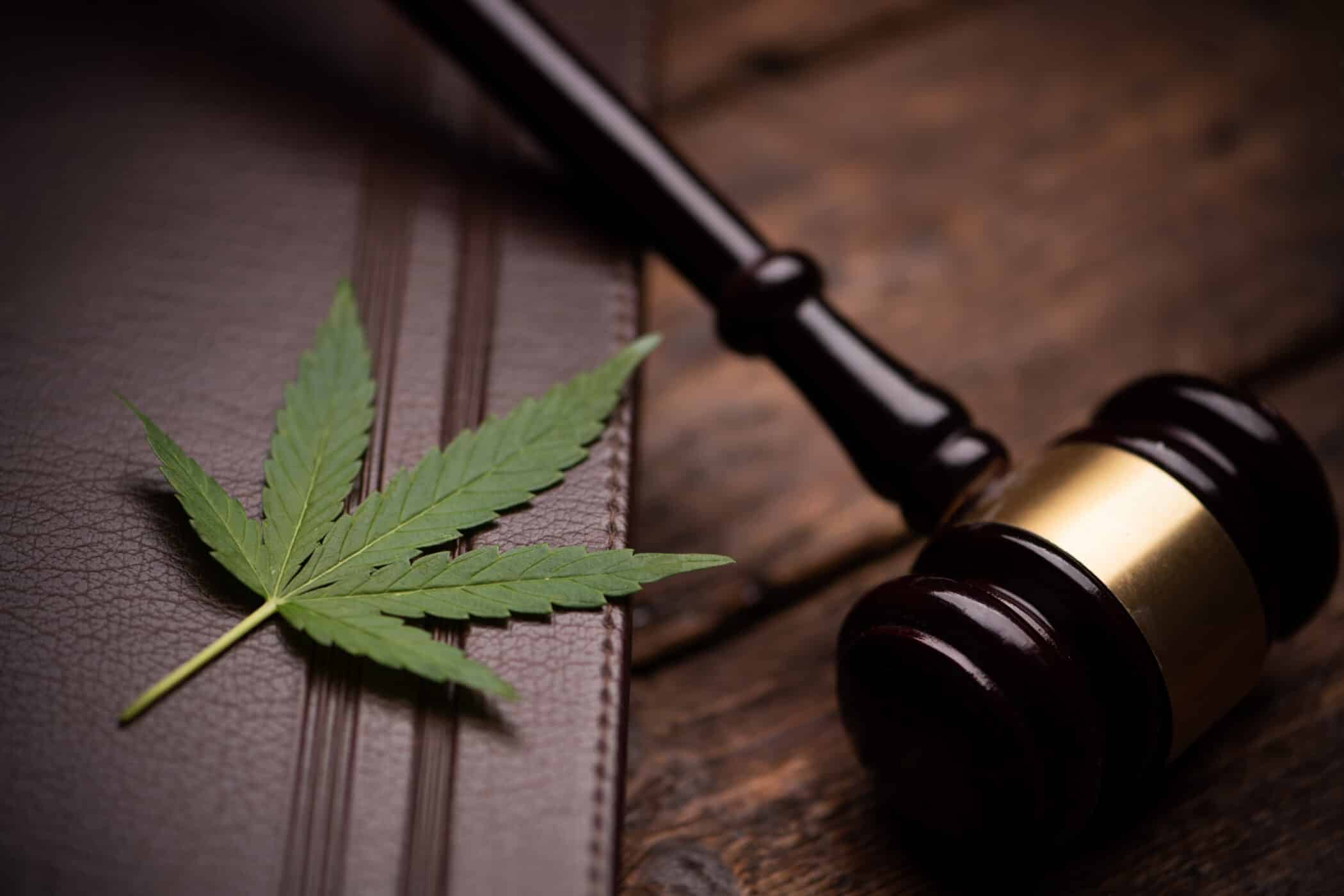In Texas, you can lose your driving privileges when your license is revoked or suspended. However, the difference between these two administrative actions isn’t always understood. If you’re wondering what is revocation of license vs. suspension, this blog explains the key differences and how a Texas driver’s license revocation lawyer can help.
Driver’s License Suspension vs. Revocation: Key Differences
In situations where your driving privileges are at risk, you might hear terms like “suspension” and “revocation.” Texas traffic laws distinguish between these two concepts, and understanding their differences is important. So what is revocation of license and how does it differ from suspension? Let’s break it down.
What Is Revocation of License?
According to Texas Transportation Code 521.312, a revoked license ends your driving privileges indefinitely. Unlike suspension, which has a fixed duration, revocation has no specific end date. Reinstating a revoked license requires to you take specific steps, which may include:
- Completing a defensive driving course
- Paying fines
- Serving a mandatory waiting period
After meeting these criteria, you can apply for a new driver’s license, which may or may not be granted by the Texas Department of Public Safety (DPS).
What Is License Suspension?
A suspended license means that you won’t be able to drive for a certain period of time. It’s typically a consequence of certain traffic violations or infractions, although it can also happen for issues like the following:
- A conviction for certain drug offenses
- Failure to pay child support
- Underage alcohol consumption
As soon as the suspension period is over and you have met any other requirements, you may be able to reinstate your license and get back on the road.
How Long Can Your License Stay Suspended?
The length of a suspension can vary depending on the severity of the offense and whether it’s a first-time or repeat violation. Below are some situation-specific guidelines:
- Moving Violations: With moving violations, the suspension usually lasts 30, 60, or 90 days, depending on the circumstances.
- Impaired Driving: For drivers over 21, a conviction for DWI will result in a suspension of their license that is usually 2 years. For those under 21, a one-year suspension usually applies, although any subsequent offenses could lead to an 18-month suspension.
The DPS will notify you of the reason for your suspension and how long it will last.
The Legal Grounds for Driver’s License Revocation in Texas
In Texas, driver’s license revocations are typically related to public safety concerns, serious traffic law violations, or failure to comply with certain legal requirements. The most common circumstances include:
- Driving While Intoxicated (DWI)
- Refusal to submit to chemical testing
- Failure to maintain auto insurance
- Medical conditions that impair a driver’s ability to operate a vehicle safely
- Accumulating too many traffic violations within a specific timeframe
- Failure to pay child support
- Certain criminal convictions, particularly motor vehicle crimes or crimes of moral turpitude
When a Driver’s Case May Be Referred to the Medical Advisory Board (MAB)
The DPS may refer a driver to the Medical Advisory Board (MAB) if they have concerns about the driver’s medical fitness to operate a motor vehicle. There are several reasons why a driver may be referred:
- Medical conditions that may impair motor or cognitive skills or cause sudden loss of consciousness or seizures.
- Vision impairment that cannot be corrected with glasses or contact lenses.
- Cognitive impairments, including conditions like dementia or Alzheimer’s disease.
- A history of substance abuse or dependency issues.
- Older drivers who pose concerns about their physical or mental fitness to drive.
It’s important to note that a referral to the MAB does not automatically result in license revocation. The MAB conducts a thorough evaluation of the person’s medical condition and driving ability. Based on its findings, it may recommend specific actions, such as additional testing, restrictions on driving, or, in severe cases, license revocation.
What is Administrative License Revocation (ALR) Program?
The Administrative License Revocation (ALR) Program enables law enforcement to quickly take away the driving privileges of those suspected of DWI. An administrative process separate from the criminal charges, it applies under circumstances like the following:
- Refusal to take a BAC test
- A BAC level above the legal limit of 0.08% for adults (0.04% for commercial drivers)
- Underage drinking
You can contest a suspension by requesting an ALR hearing within 15 days from the date of notice. If you don’t take action within this timeframe (or if the suspension is upheld at the hearing) your driver’s license will be automatically suspended.
Legal Penalties for Driving with a Revoked Driver’s License
When your driver’s license is revoked, you are prohibited from operating a motor vehicle. If you are pulled over and law enforcement discovers that you are driving with a revoked license, some or all of the following consequences will likely apply:
- Arrest: Driving with a revoked license is normally a Class B misdemeanor, but the severity of the offense may vary depending on the reason for the revocation as well as the existence of any prior convictions. The vehicle you are driving may also be impounded.
- Criminal Penalties: If convicted of driving with a revoked license, you may face penalties that can include fines, probation, community service, and even imprisonment, depending on the circumstances.
- Extended Revocation: Driving with a revoked license can extend the revocation period, leaving you without driving privileges for a lot longer.
- Increased Insurance Costs: Insurance premiums are likely to increase after a conviction for driving with a revoked license. Some insurance companies may even refuse coverage.
What It Takes to Restore Your Driver’s License After Revocation
Next to “What is revocation of license?”, one of the biggest questions you may have is “How do I get my license back?”
While a driver’s license can be reinstated after it has been revoked, the process depends on the reasons for the revocation. Here’s a general overview of the reinstatement process:
- Serve the mandatory revocation period imposed by the DPS.
- Complete any court-mandated requirements, which may include fines, probation, alcohol education programs, or community service.
- Clear any outstanding issues that contributed to your revocation. This might involve paying fines, resolving unpaid traffic tickets, or addressing issues related to child support arrears.
- Complete rehabilitation or education programs, such as alcohol treatment or a DWI education course (for revocations related to alcohol or drug offenses).
- Pass a written knowledge test, a vision test, and possibly a driving skills test.
- Obtain SR-22 insurance, which proves you have the required minimum auto insurance coverage.
- Pay all applicable reinstatement fees to the Texas DPS.
After completing all necessary steps, you can apply for reinstatement of your driver’s license. You may need to visit a local DPS office in person or complete the process online, depending on your eligibility. In some cases, you may need to attend an administrative hearing, although this requirement is more common for severe offenses.
The Best Strategy for Keeping Your Driver’s License in Texas
Losing your driving privileges can be more than an inconvenience. If you need to drive to work or school, it can impact your employment and career prospects. With so much at stake, you may want to speak to a Texas driver’s license revocation lawyer about your case.
An attorney will review your case and assess the reasons behind the revocation. They will also help you understand the specific laws that led to the revocation, explain your rights and options, and answer questions like “What is revocation of license?”. If you decide to proceed with representation, they can assist you by:
- Preparing all the necessary documentation and representing you during hearings and court proceedings.
- Presenting a case aimed at convincing the authorities that your license should be reinstated.
Whether it involves addressing issues related to DWI charges, unpaid fines, or other factors leading to the revocation, a Texas traffic attorney can help you address and overcome any obstacles between you and your restored driving privileges. Their experience in dealing with the local legal system and knowledge of the relevant traffic laws can give you the best possible chance of getting back on the road.




